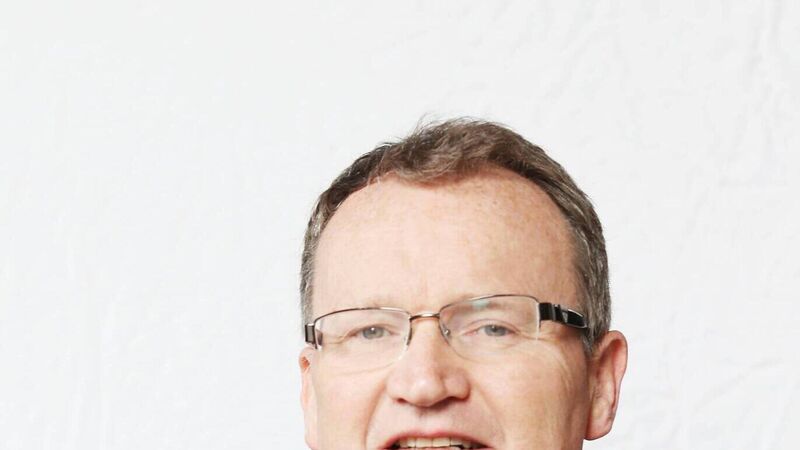Jim Power: The least we deserve is the opportunity to look forward with some hope

It’s fair to say 2020 was a very strange year for the Irish economy.
Unlike the bulk of the EU economy, it entered the year with a strong momentum, and looked set to benefit further from the projected rebound in global economic activity.











